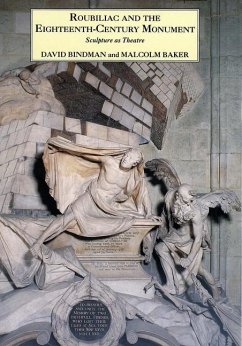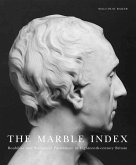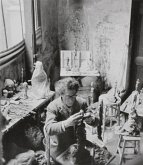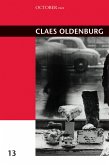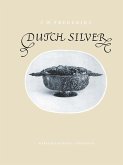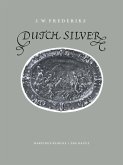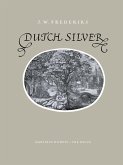Louis Francois Roubiliac was one of the most compelling sculptors to work in Britain in the eighteenth century, and has long been considered one of the most important. Many of his greatest commissions were monuments, located in Westminster Abbey and in churches throughout the country. The first comprehensive study of Roubiliac since 1928, this innovative book looks at his work within a broad cultural framework and explores tomb sculpture in the context of the period. David Bindman begins the volume with a discussion of the reasons for, as well as the expectations associated with, the commissioning of funereal sculpture. Discussing ideas of death and the afterlife, the setting of the tomb, and the fictions governing its imagery, he then considers Roubiliac's monuments with particular reference to the negotiations with patrons which contributed to their final form. In the second part of the book, Malcolm Baker examines the design and making of the monuments, analysing documentary evidence, surviving models and the construction of the monuments themselves, and relates Roubiliac's procedures to contemporary sculptural practice. Concluding with a complete catalogue of all Roubiliac's known monuments (written by Malcolm Baker with additional research by Tesssa Mordoch and David Bindman) and wonderfully enhanced by the inclusion of many specially commissioned photographs, this is a scholarly and fascinating portrait of Roubiliac's achievements and history.
Bitte wählen Sie Ihr Anliegen aus.
Rechnungen
Retourenschein anfordern
Bestellstatus
Storno

